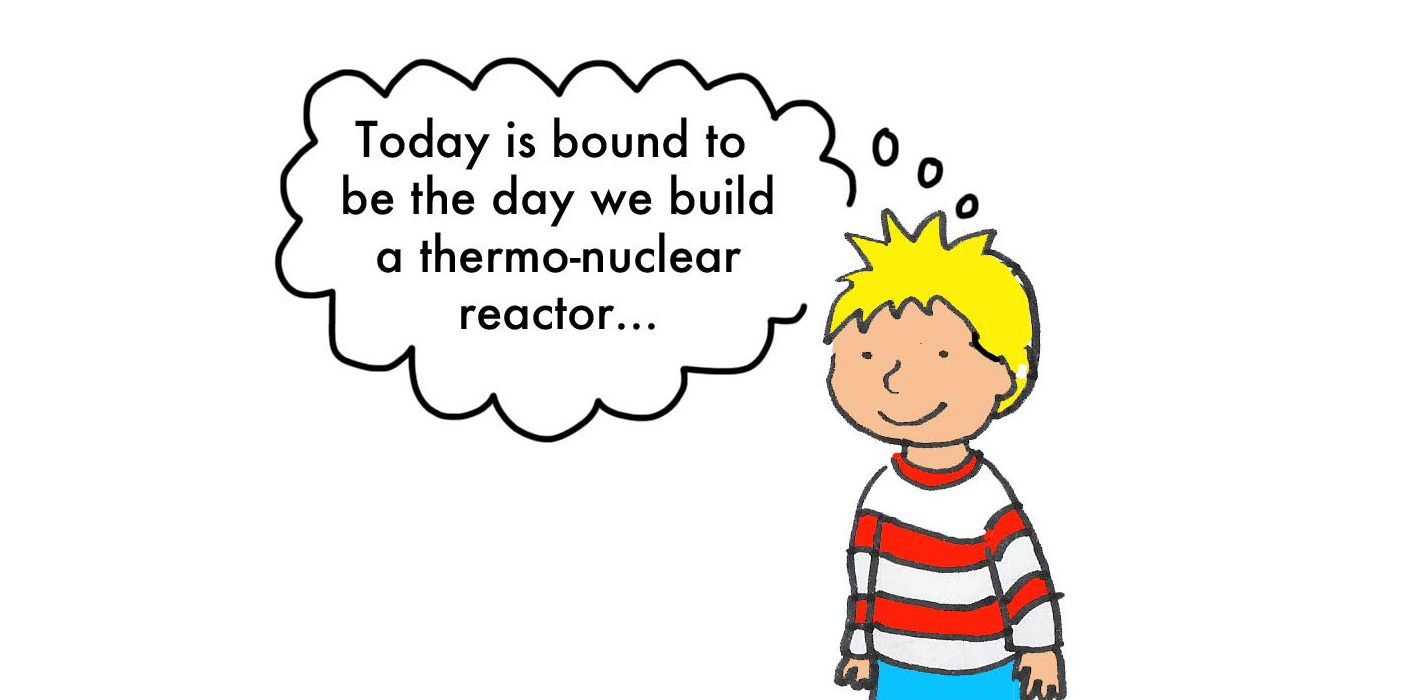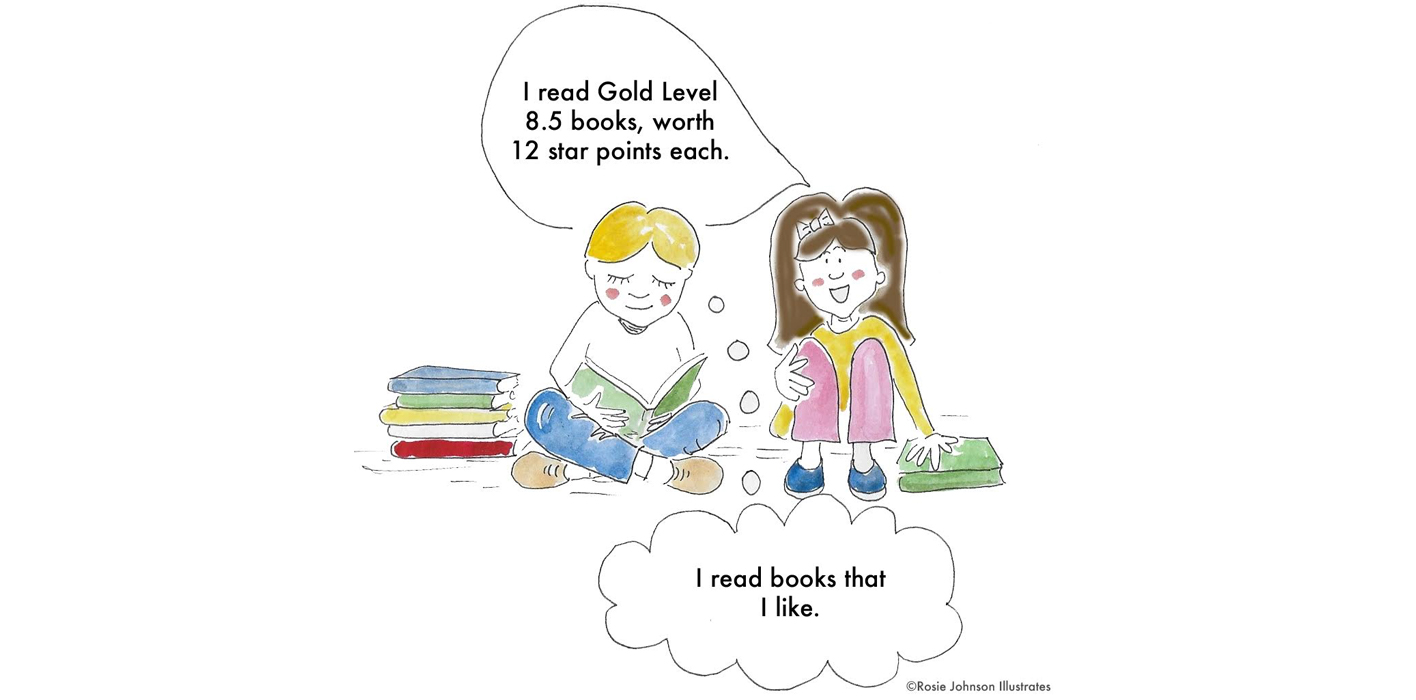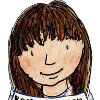When your child loves stories but hates reading. Walking the tightrope of daily practice and hoping you don't fall to the depths of 'books aren't for me.'
When did books become the enemy? Trojan horse-like 'Reading Books' silently crept into the book-bag of my seven year old, disguised as stories, and began to invade. Reading turned from a bedtime sacred hour- ''one more, one more, one more!'' To ''can I finish at the end of this page?'
Reading didn't come naturally to our girl. She struggled to retain the complexities of split digraphs, silent h's, modifying e's. (Frankly we all did, and we're teachers!) The emphasis on synthetic phonics as a measurable way of teaching and assessing reading in schools is understandable, to an extent. It's a useful skill and undeniably helps the child build sentences from words and words from sounds. Does it make all children successful readers? Real readers who read for understanding and enjoyment, rather than those who bark at print? I could probably phonetically decode most scientific textbooks placed in front of me, but I'd have no idea what I was reading and little interest either, if I'm honest. It has to be about more.

Having taught little people to read for 15 years, I do understand the usefulness of the Reading Book. It's matched to the child's ability and will therefore, in theory, give them confidence in their ability and help their reading flow. This certainly does happen for children whose ability is roughly inline with the expectation for their age. However, for anyone who has a slow start or struggles throughout their school career, the Reading Books simply don't match their interests. They are either stuck on Biff, Chip and their buddies, who do their best, but- you know- how much excitement can you have, phonetically?! Or the child tries to leap ahead and choose books which actually interest them but for both reader and listener make the process excruciatingly painful.
Then add in to the mix the introduction of reading tools such as Accelerated Reader, Reading Counts and The Book Bug into Primary Schools throughout the land. For those unfamiliar, these are basically ways of matching children with appropriate books and assessing how well they've read them. At my daughter's school, they have adopted the pricey but effective Accelerated Reader which allows the child to take a quiz at the end of each book, conferring a score and points depending on their level of comprehension and recall. As such schemes go it is comprehensive, geared towards understanding rather than simply regurgitating and gives children a decent range of books which might interest and challenge them. It does, of course, come with the caveat that it HAS to be used sensitively. Children are given a number range from which to choose. The numbers correspond to the difficulty level of the books in the school library. They acquire points of varying amounts depending on the length of these books. It all gets a bit... numbery.
The best schools ensure that their pupils remember that they themselves are not the numbers.
The best schools value reading widely for pleasure.
The best schools give their teachers time to read to their classes EVERY day

How do we strike the balance in our house?
Well, it's taken a while and our strategy might not work for everyone, but this is how we have turned a corner. The school book is just that. The book from school that is helping her technical reading ability improve. It doesn't define her as a reader, much less a person. SHE IS NOT A NUMBER!! She reads every day from the school book and we dutifully note down the day's progress in her Reading Record Book. We started only expecting a page a night then, as her stamina improved, so did her confidence and willingness to do more. More importantly in my book (pun intended) we have stories. Whatever she fancies- chapter books which take weeks to complete or a couple of picture book favourites. No books are babyish. None are too tricky (though I'm holding off on Tolstoy unless she specifically asks.) We read together, sometimes taking it in turns to do a page/chapter, sometimes just us reading to her, but always as a sacred, quiet time just for us. It's reminding her about why books are awesome and keeping the skill of reading in its place. Learning to read is essential, but it should never overshadow the love of a good story.
What better than a bit of maths to end a blog about reading?
School book for technique + home books for enjoyment = reading perfection

